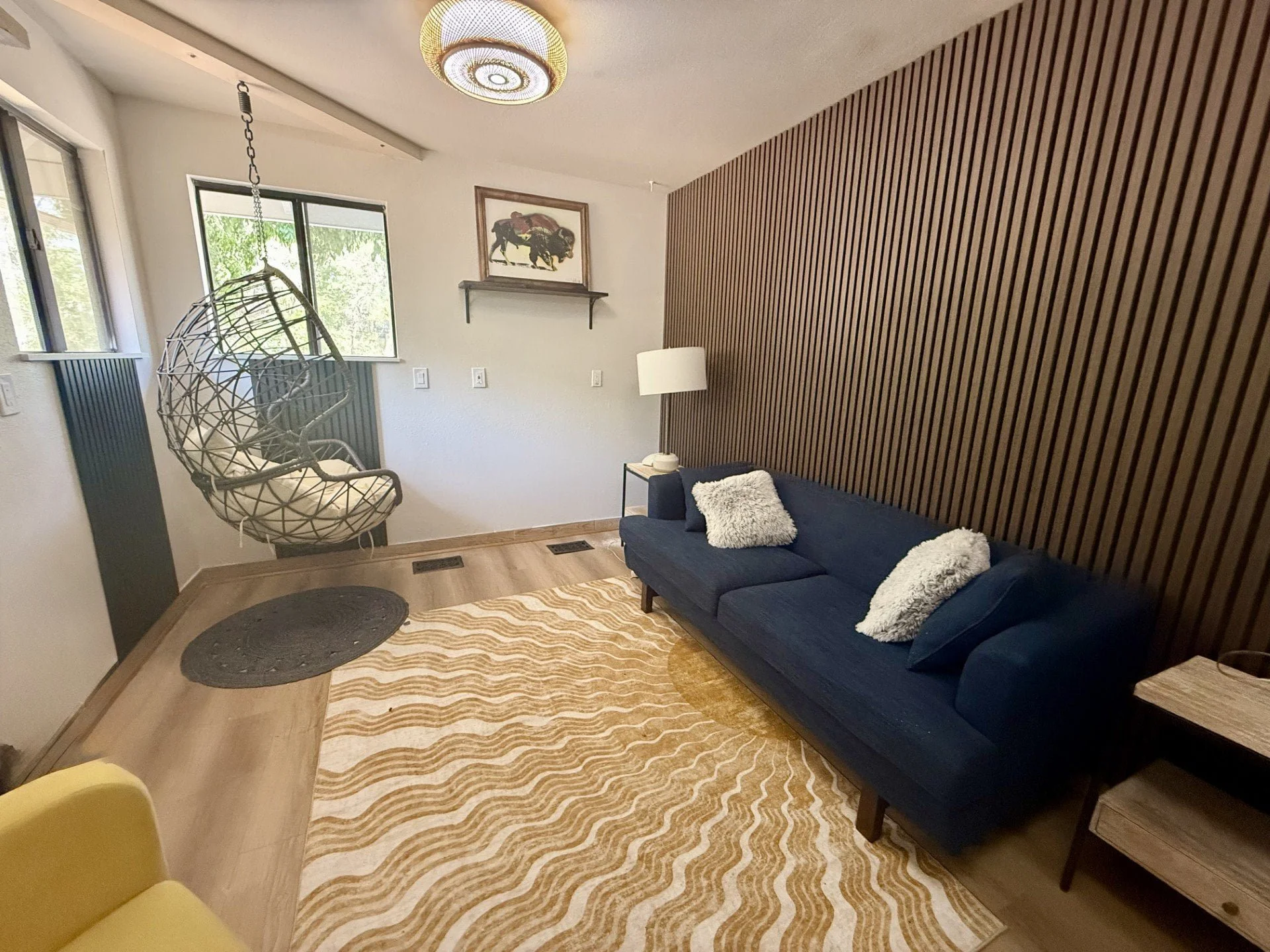
Healing Through Culture, Community, & Connection
It all begins with a purpose.
At Thundermaker, we believe that healing happens through relationships, culture, and community. Our team provides trauma-informed care that honor identity, lived experience, and strengths of each individual.
Whether you are seeking counseling, court-ordered programs, or community-based cultural wellness, we are here to walk alongside you with compassion and accountability.
Our Services
Cultural and Traditional Program
Much like a traditional community, Thundermaker Wellness offers holistic care in addressing mental, emotional, physical, and spiritual needs through intertribal collaboration with elders and cultural leaders sharing wisdom and traditional practices.
Adaptable curriculum to accommodate relative-specific and intertribal practices
Food Sovereignty
Drum Therapy
Traditional Sweat Lodge
Medicine Harvesting
Storytelling
Indigenous Art Therapy
And More!
Outpatient Services
We offer a full range of outpatient services designed to meet individuals and families at every level of care.
Clinical & Therapeutic Services
Individual Counseling
Family and Couples Counseling
Trauma-Informed Therapy
Psychiatric Evaluations
Medication Management
EMDR
Case Management
Telehealth and In-Person Appointments
Structured Treatment Programs
Partial Hospitalization Program (PHP)
Intensive Outpatient Program (IOP)
Relapse Prevention
Skills-Based Groups
Court-Ordered Programs
We offer two state‑recognized, court‑approved programs: Anger Management and DUI Education & Treatment. Our DUI services are fully recognized by ADOT, ensuring a smooth, supportive, and collaborative process from start to finish

